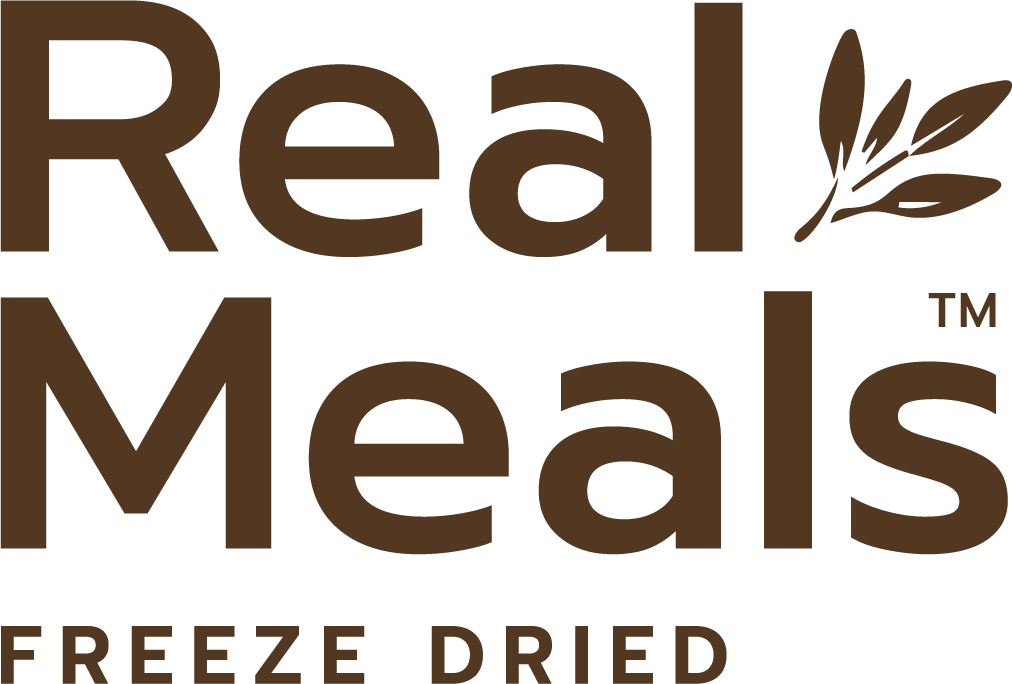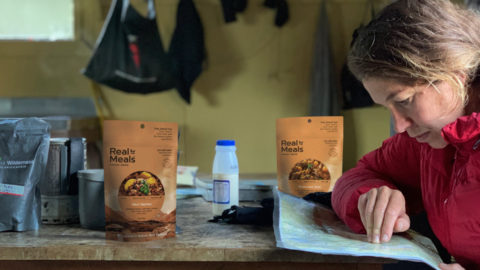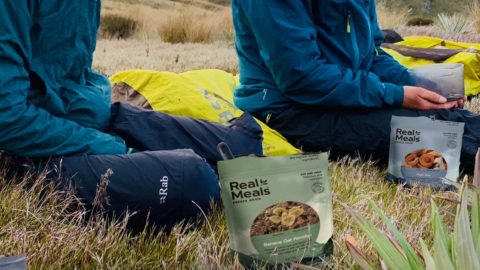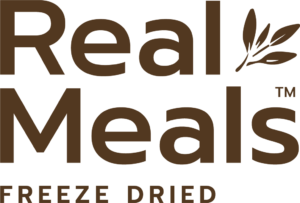G’day,
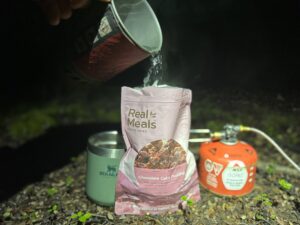 Nathan Fa’avae here, Real Meals founder, Adventure Racer, Outdoor Professional.
Nathan Fa’avae here, Real Meals founder, Adventure Racer, Outdoor Professional.
I wanted to write a little blog to share my opinion on eating by numbers, calorie counting and the likes.
In short, I’ve never done it, never felt it was helpful in any way.
I think it’d be difficult to find a sport any more demanding that Adventure Racing to ensure ones body gets the nutrition and energy it needs, so it’d be easy to assume we’d be calorie counters to the level of Count Dracula. But no, in Adventure Racing, it’s more important to have food you can eat, and want to eat, versus what you should eat.
I know from experience, that often in the midst of an epic adventure, you can guarantee the food you want to eat, or could eat, isn’t the food you actually have, the calorie count is irrelevant, it’s better to eat something rather than nothing.
Focusing on counting calories is particularly bad for people going into the outdoors, hiking, and mountaineering because they require a lot of energy and nutrients to fuel the body. Counting calories can lead to underestimating the amount of energy needed for the activity, which can lead to fatigue, decreased performance, and even health risks. Additionally, when hiking or mountaineering, the food choices available may not always be calorie-dense, and focusing solely on calories can limit the variety and quality of food choices. It’s essential to prioritise nutrient-dense, high-energy foods that will provide the necessary fuel for the activity and ensure the body is properly fuelled for the demands of the outdoors.
Focusing solely on counting calories when hiking or mountaineering can also be a safety risk. Calorie and nutrient deficiencies can lead to decreased physical and mental performance, which can impair judgement and decision-making abilities. This can lead to poor decision-making in the wilderness, which can result in accidents, injuries, or getting lost. Additionally, calorie deficiency can lead to hypoglycaemia, dehydration, and other medical conditions that can be dangerous in the wilderness. Therefore, it’s crucial to prioritise proper nutrition and hydration to ensure safety and performance in the outdoors.
Yes, humans have evolved by eating natural, whole foods that provide the necessary nutrients and energy for survival. Prior to the rise of processed and packaged foods, humans relied on hunting, foraging, and farming to obtain their food. The human body has evolved to function optimally on a diet of whole, nutrient-dense foods that provide a range of vitamins, minerals, and macronutrients. The idea of counting calories is a relatively recent concept that has emerged with the rise of processed and packaged foods. It can lead to a reductionist view of nutrition and ignore the complexity of food and its impact on health. Eating by numbers is a fad that can distract from the importance of a balanced, whole-foods-based diet that supports overall health and well-being.
Variety of food is more important than the calories because each food provides a unique combination of nutrients that the body needs to function optimally. Focusing solely on calories can limit the variety of foods in the diet and lead to nutrient deficiencies. By prioritising a variety of whole, nutrient-dense foods, individuals can ensure that they are getting all of the necessary vitamins, minerals, and macronutrients to support their health. Additionally, a varied diet can help to prevent boredom with food, which can lead to overeating or unhealthy food choices. Eating a variety of foods can also help to support gut health and diversity, which is crucial for overall health and well-being. Rather than focusing solely on calories, individuals should aim for a diverse, whole-foods-based diet that provides a range of nutrients and supports overall health.
Focusing solely on counting calories when deciding what to eat is a bad idea for several reasons. Firstly, not all calories are created equal, and different foods can have vastly different effects on our health and weight. For example, 100 calories of broccoli will have a very different impact on our body than 100 calories of candy. Secondly, calorie counting can lead to an unhealthy obsession with food and can distract from other important factors such as nutrient content, portion sizes, and overall diet quality. Lastly, relying on calorie counting alone can lead to feelings of deprivation and restriction, which can ultimately backfire and lead to bingeing or overeating. Instead of focusing solely on calories, it’s important to take a more holistic approach to nutrition and prioritise nutrient-dense, whole foods, and listen to our bodies’ hunger and fullness cues.
Nathan Fa’avae
